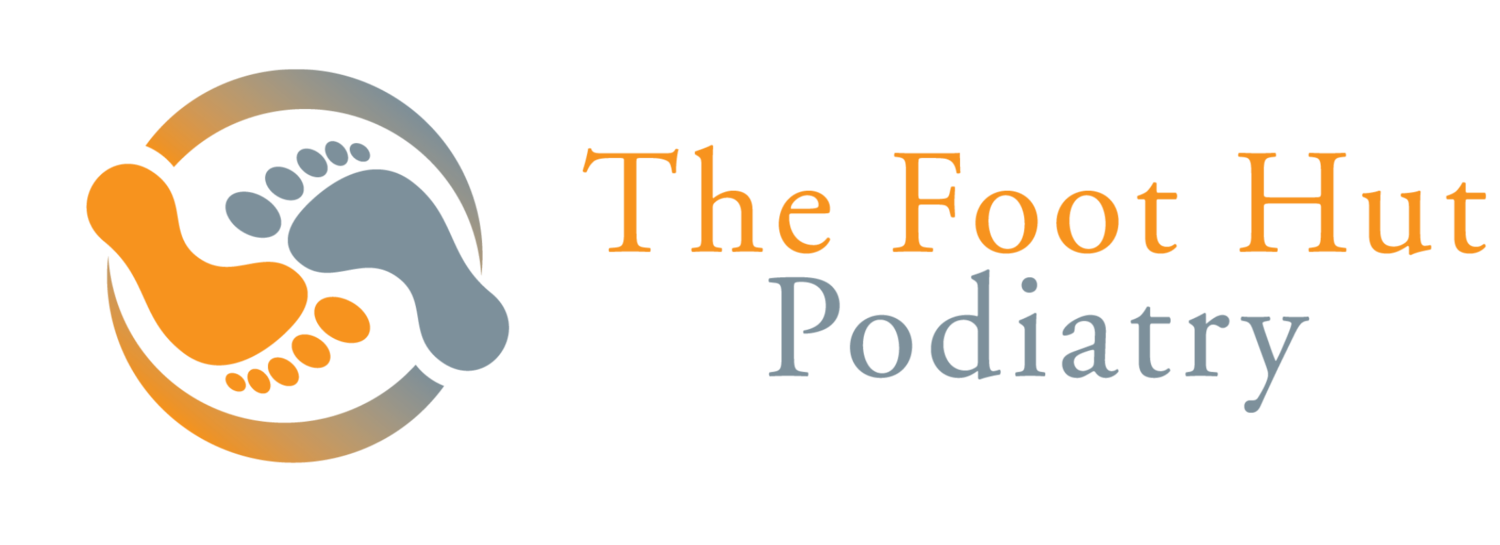Does Walking Barefoot Have Health Benefits?
Walking barefoot is typically something you'd only do at home, but for a lot of people, walking and exercising barefoot is something that they practice daily. When a child is learning how to walk, it's advised to let the toddler practise without shoes; this is because shoes can interfere with the way the child uses the muscles and bones in their feet. Kids can also receive feedback from the ground when walking barefoot, which will help build an awareness of their body in space. As they become older, they tend to wear shoes most of the time, and they lose the benefits of walking barefoot. For this reason, advocates of the barefoot lifestyle are trying to encourage people to quit wearing footwear all day and let their feet be free.
The benefits of walking barefoot
It has been said that theoretically, walking barefoot has the ability to restore our 'natural' walking pattern, otherwise known as our gait. But, in any sports shop or store that sells walking or exercising shoes, you will notice that most have a large amount of cushioning and support. While this cushioning can feel pretty great when walking, many podiatrists believe that this can prevent you from actually utilising certain muscle groups that help to strengthen your body.
Some of the other benefits of walking barefoot include:
Better control over the positioning of your foot as it hits the ground
Improvements in balance and body awareness which has been known to aid in pain relief
An improved range of foot mechanics, which in turn can help the mechanics of other parts of the body, such as the hips, knees and core
Relief from improperly fitting and tight shoes helping to reduce any bunions, sweaty feet, fungal infections and other foot-related problems
Potential dangers of walking barefoot
We all know that aside from children's toys and stray plugs, walking barefoot at home is a relatively safe thing to do; however, walking barefoot outside could expose you to some serious risks.
Johnathon Kaplan says that: "Without appropriate strength in the foot, you are at risk of having poor mechanics of walking, thereby increasing your risk for injury,"
This is especially important to consider if you are starting the barefoot lifestyle after spending most of your life wearing shoes.
On top of this, you should also consider that walking barefoot will also expose you to other dangers simply through the terrain. You also run the risk of exposing your feet to harmful bacteria and infections.
How should you walk and exercise barefoot?
The knowledge of walking and exercising barefoot will come with time and practice. However, these tips will definitely help:
Start off slow - you should be patient when beginning to walk and exercise barefoot. Begin with short 15 minute sessions and allow your feet and ankles to adapt to the new environment.
Stop if you are experiencing any pain or discomfort.
Practice at home or in your garden first - before you go straight out barefoot, allow your feet to become used to not wearing shoes, walk around in a safer environment and allow your feet to adjust themselves and become more comfortable being barefoot.
Consider using a minimalist shoe while your feet are adjusting to less structure and padding.
Try to practice some balancing exercises, like standing on one leg or raising and lowering yourself onto the balls of your feet.
Take advantage of activities that can easily be performed barefoot, such as yoga, pilates or martial arts.
This one is perhaps most important. Every day you should examine your feet for injury as being barefoot more often could reduce the sensation of feeling in your feet.
You should not try more demanding activities like running until you have spent a reasonable amount of time preparing your feet for this type of activity.
So should you go barefoot or not?
Going barefoot while walking and exercising barefoot do have some benefits, like helping to improve your natural gait; it also has some downsides, like your feet being more prone to injuries like cuts and scrapes, as well as fungal infections. That being said, as long as you are careful with your surroundings and ensure a good level of safety and cleanliness while you are barefoot, you shouldn't have too many problems.
If you have any concerns about your safety or your general foot health, it would be a good idea to speak to a podiatrist before exposing your bare feet to the elements.
